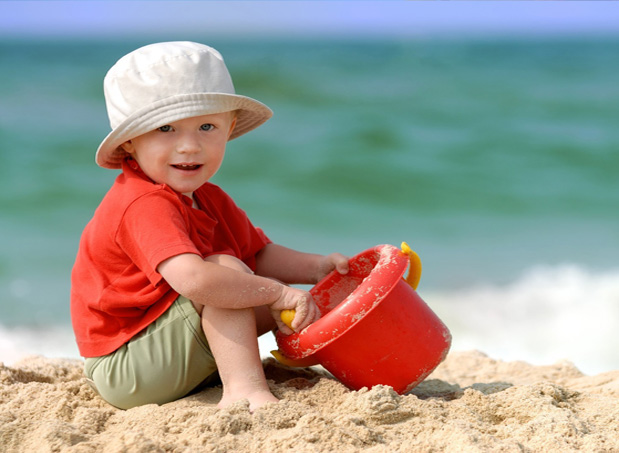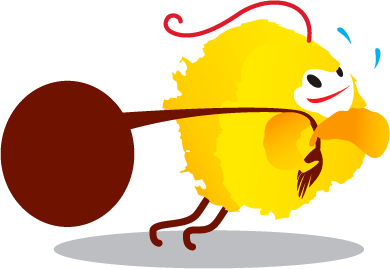News
Back to news list
Regarding Position of Russian Language Online03.10.2024
|
On the Russian Internet Day, September 30, the next webinar of the Coordination Center for TLD .RU/.РФ was held on the VK platform of the project “Safe Information Environment for Childhood”. The Chief Analyst of the Coordination Center and the Chairperson of the Russian Working Group on Universal Acceptance Maria Kolesnikova spoke about various aspects of multilingualism on the Internet - both from the user and technical points of view.
The meeting was traditionally held with the information support of the .ДЕТИ (dot DETI, which means children in Russian) and the “Smart Internet” Foundation.
The webinar opened with interesting statistics. Maria noted that today more than 65% of the world's population is connected to the network. The bulk of users are in Europe, North and South America, as well as Southeast Asia. “About 2.7 billion people do not use the Internet. The largest numbers of “non-connectivity” are again in Southeast Asia – this indicates that the potential of this region has not been realized and we expect that a new billion users will come from approximately this region, as well as from countries of the African continent, there is some reserve in countries with deep penetration of information technologies,” Maria Kolesnikova said.
There are more than 7,000 languages in the world, although this number also includes endangered dialects and languages used by groups of up to several hundred people. The most popular national languages are: English - it is used by about 1.5 billion people around the globe (while it is native to only 400 million); Chinese - 1.1 billion people (and for the vast majority of "Chinese-speaking" people it is native); Hindi is third in terms of prevalence (it is used by almost 700 million people); Russian is in 9th place in this ranking - it is used by 255 million people around the world.
There is no secret that the Internet was born and developed for a long time in the English-speaking environment. Therefore, the ranking of languages by the amount of content on the network is not surprising. As of March 2024, 50.8% of websites are in English, while all other languages account for 49.2% of web resources - the top five are: Spanish (5.7%), German (5.1%), Japanese (4.6%), Russian and French (4.3% each).
“It is important to note that Russia has an average level of English proficiency - 41st place out of 113 countries and regions; only 5% of the population speaks English fluently, VTsIOM reported in 2019,” Maria Kolesnikova said. “We know that today Russian users are online for 6-7 hours a day, using both smartphones and desktops. And they feel comfortable there largely because they have the opportunity to use their native language to communicate, search for content, and study materials. According to scientists, using a second language that is not our native language is a very big burden on the brain, and with its constant use, we quickly get tired.”
The ease of use of the Internet and software, as well as the growth of the Internet audience speaking a huge variety of languages, makes the issue of supporting digital multilingualism one of the priorities in the development of online services. Among the areas are the internationalization of Internet addressing, that is, the use of Unicode characters in the domain name system (for example, in the national Russian domain .РФ or the public domain .ДЕТИ) and in email addresses, as well as the process of Universal Acceptance, which is designed to unify the operation of all software with all domain names and email addresses.
Learn more about the 5 criteria for software compliance with Universal Acceptance, software and services that work correctly with Russian-language domains and emails, the educational project “Поддерживаю.РФ”, and the global competitiveness index of the Russian language in the recording of the webinar “Such a Multilingual Internet!..”
Recordings of all webinars of the Coordination Center from the series “Safe Information Environment for Childhood” are available in the official VK community of .ДЕТИ.








